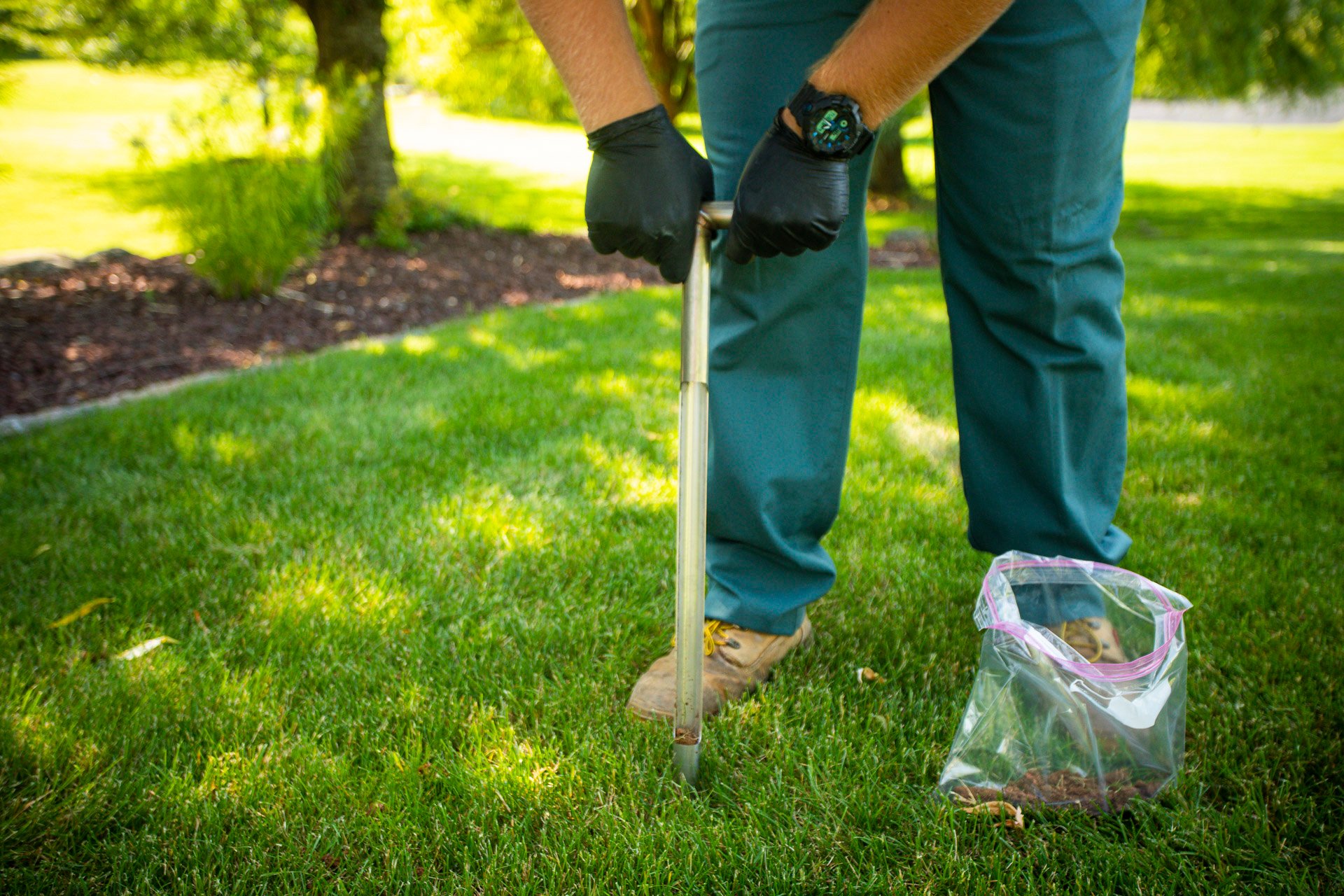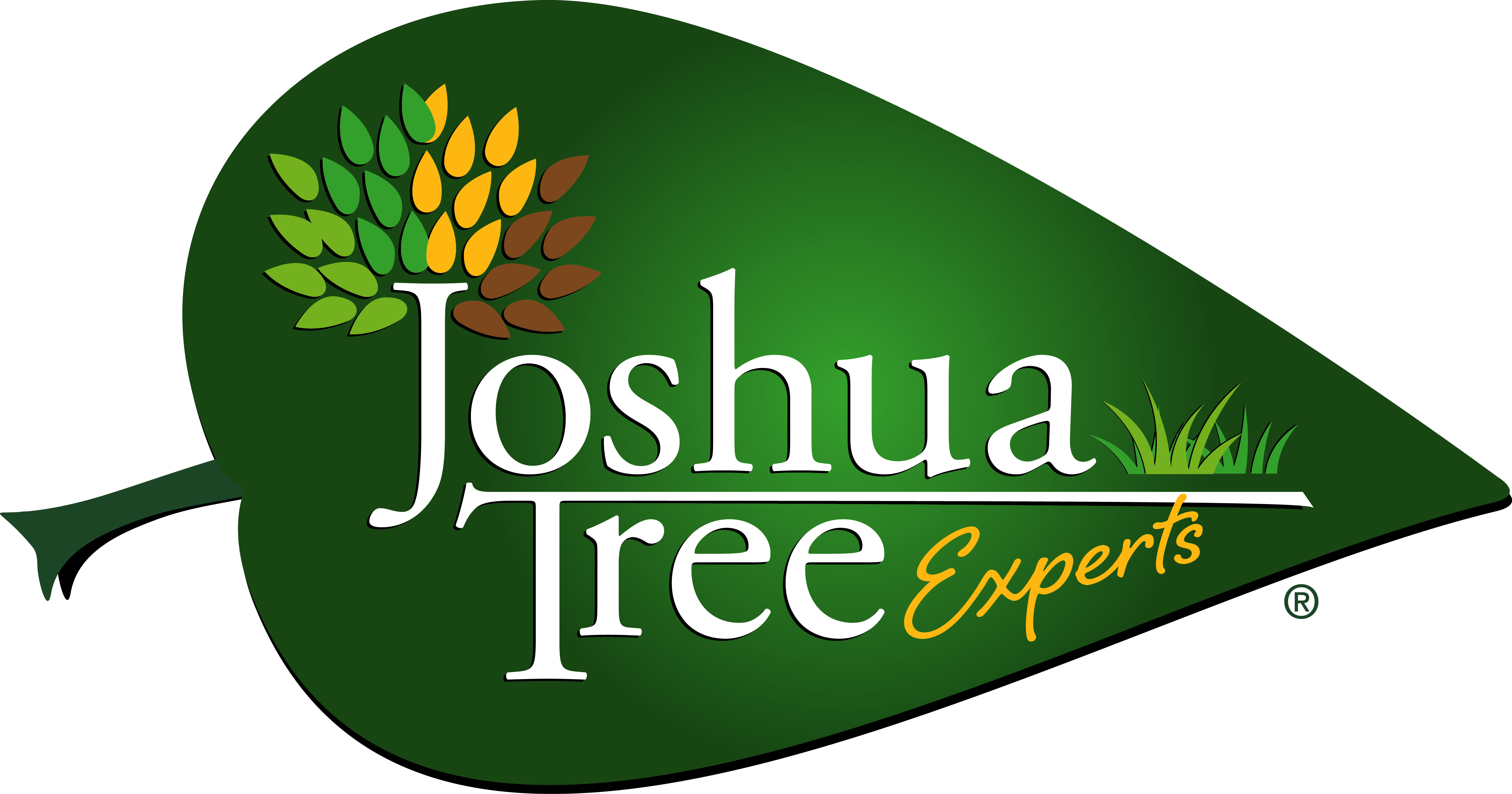If your lawn constantly seems to be struggling and never appears to be making improvements, then you might have lawn soil problems that need to be addressed.
The fact of the matter is, if you don’t have great soil, your lawn will never reach its full potential. That could mean that all of the effort (and investment) you’re putting into is wasted.
While it can be frustrating—after all, you ought to be able to have a nice lawn like everyone else—there are solutions for how to fix bad lawn soil.
Finding the right one will help you get the problem under control and give you peace of mind that your lawn is getting everything it needs to thrive.
1. A Soil pH Problem
If you can remember these details from chemistry class, then you already know that pH measures acidity and alkalinity. These measurements are important when it comes to the health of your soil.

Your lawn’s soil pH can affect the availability of nutrients to your plants. That’s because plants leach nutrients from the soil much faster when the soil pH is in the optimum range.
In order to stay on top of your lawn’s soil pH, it’s a good idea to have a soil test performed every three years and amend the soil as recommended.
2. A Soil Fertility Quandary
A soil test will also help you identify if your lawn has a soil fertility problem. It will indicate the level of micro and macronutrients in the soil, and what it may be lacking. The fact is, lawns use up nutrients faster than most people realize and it doesn’t take long for your soil to become depleted.
In order for your lawn to really thrive, it will need approximately four to five fertilizer treatments each year to replace those depleted nutrients.
Fertilizer provides your lawn with nitrogen, phosphorus, and potassium, which are referred to as its “primary nutrients.” Each of these plays a vital role in your lawn’s overall health.

Nitrogen makes grass blades grow and spread in order to fill in any bare spots you may have. Phosphorus helps increase your lawn’s root growth which will strengthen the overall health of your lawn. And potassium assists with disease resistance and harsh weather tolerance.
However, there are times when even four to five balanced fertilizer treatments won’t make up for these deficiencies.
A soil test may also recommend extra treatments of either phosphorus or potassium to get you to a level that can then be maintained with a normal lawn care program.
3. A Compacted Soil Concern
Thriving lawns and clay soil don’t exactly coexist. That’s because clay soil can very easily become compacted. Soil compaction is actually one of the primary causes of an unhealthy lawn.
With compacted soil, your turfgrass will struggle to receive the nutrients, water, and oxygen that it requires to thrive.
If this is a problem you’re struggling with, you might be wondering how to fix compacted lawn soil.
The answer is a lawn aeration service. Lawn aeration works by making small holes in your lawn through the process of pulling out soil plugs (or “cores”). This allows more oxygen, water, and nutrients to penetrate deep into the soil, down to the root zone where it’s really needed.
That’s important considering healthier roots will lead to a healthier lawn.
Lawn aeration is often a lawn care task that homeowners have done every few years. However, it’s important to recognize that aeration should be part of your regimen each year.
Considering the fact that the most gorgeous golf course fairways are aerated once or twice each year, why would you assume that this isn’t necessary for your lawn? It can go a long way to developing the best grass on the block.
4. A Microbiology Mess
You may not realize it, but there is a lot of microbiology going on underneath your turfgrass (at least there should be).
Naturally, healthy soil is packed with beneficial microorganisms like certain fungi and bacteria which help your plants to digest nutrients. But some lawns are lacking in these microorganisms. Exactly what’s taking place can play a huge role in how well your lawn thrives.

Some lawns need a little bit of extra help in this department. The use of bio-stimulants along with a fertilization treatment and regular aeration can help create a better environment for this microscopic life to thrive.
And with thriving microorganisms in your soil, it will not only help it to digest nutrients better, but it will also become more naturally resilient against environmental stresses, insects, and disease.
Looking Beyond Lawn Soil Problems
While soil problems are a common culprit of an unhealthy lawn, they are certainly not the only problem out there. There are other non-soil issues that can also cause issues like disease, insects, and environmental stressors.
By having a lawn care professional evaluate your lawn and getting on a proactive program, you’ll be able to prevent a lot of the problems that cause a bad lawn in the first place.

A professional will be able to determine if it’s a problem with soil (and if so, what specific problem) or if it’s actually an entirely different issue. Either way, you’ll be on your way to a solution—and a much healthier lawn.
Even if you think your lawn is beyond hope, there are solutions out there that can help you. At Joshua Tree, we have worked with many people who thought their lawn was unfixable. But by getting to the root of the problem, we were able to put solutions in place that got them on the path to a healthy and thriving lawn.
With the right care for your lawn, you’ll gain valuable peace of mind. If you’re interested in having your lawn inspected and its health assured, contact us for a free quote or give us a call at 833-JTE-TREE.



